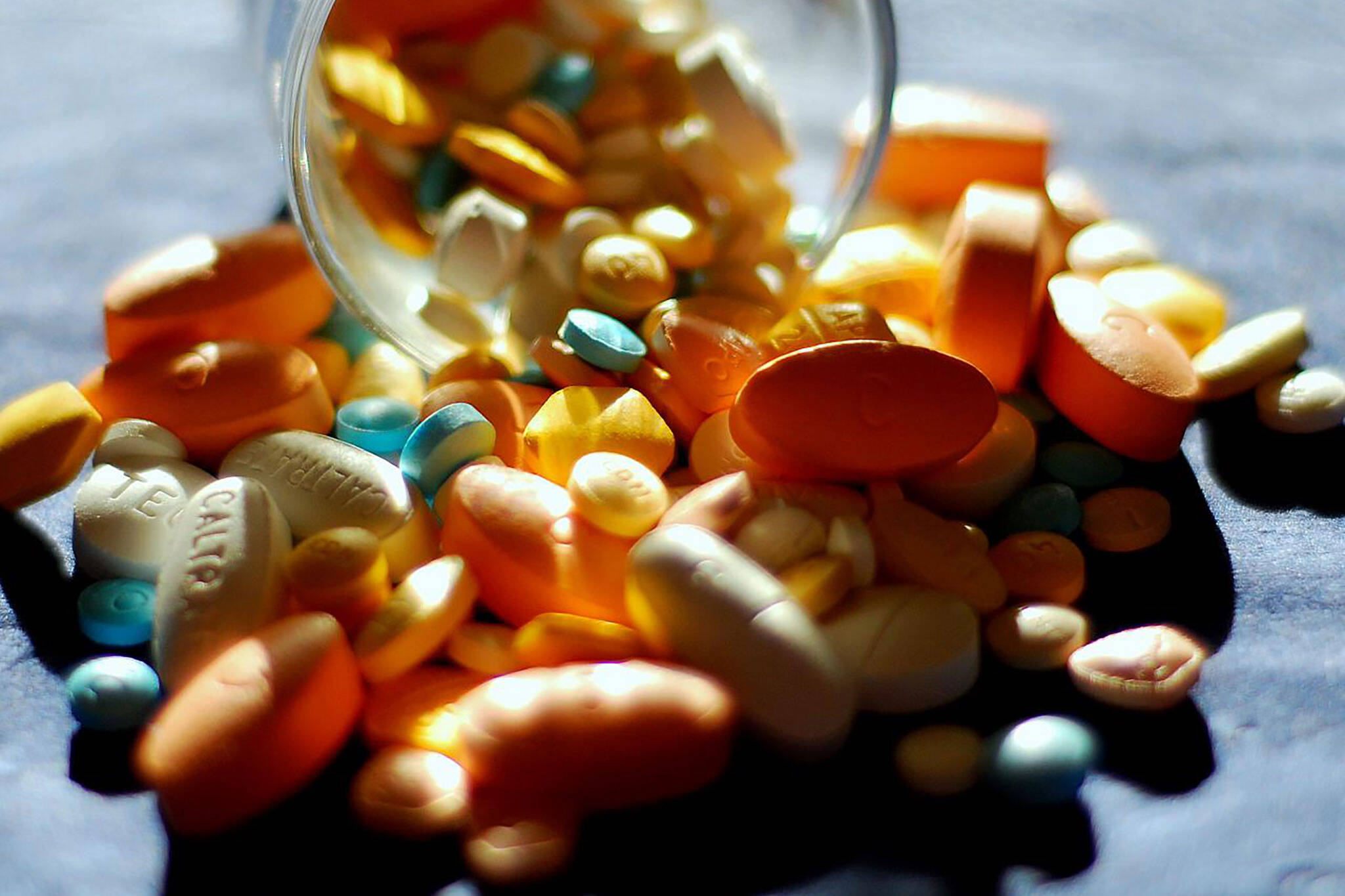
Toronto moving forward with plan to decriminalize all drugs for personal use
After a few years of discussion, a report released by Toronto Medical Officer of Health Dr. Eileen de Villa at the beginning of June got the ball rolling for what could be a monumental shift in the way policing is carried out in this city.
The report recommended that the city create a working group with police and people with relevant lived experiences to develop a proposal to the federal government that would exempt locals from drug laws under the Controlled Drugs and Substances Act, effectively decriminalizing all substances for personal consumption in the 416.
Of course, this plan would be subject to federal approval, something far from guaranteed.
Even if approved, people probably shouldn't interpret decriminalization as a green light to take up a new side hustle. Trafficking and other drug-related offences would remain as illegal as ever, with the policy instead aimed explicitly towards users.
This "Developing an Alternative Model to Drug Criminalization in Toronto" plan is now moving to its next phase, with Toronto Public Health initiating the process to secure a federal exemption.
Part of this plan involves public feedback to inform the Toronto Public Health exemption request to Health Canada. The city has released an approximately ten-minute-long survey asking respondents to share their views on various issues stemming from decriminalization.
These topics include the objectives of drug policy in Toronto, benefits or challenges of decriminalization, the role of police, allocation of public services, barriers to drug users seeking these services, and limits on possession of specific quantities of drugs.
If the exemption were to be approved by the federal government, Toronto's municipal borders would suddenly become lines of demarcation for drug tolerance.
It is unknown how such a radical change would affect surrounding municipalities, especially concerning police jurisdiction. Roads like Steeles Avenue and waterways like Etobicoke Creek and the Rouge River could transform into frontiers of differing local drug policies.
Other questions remain, such as how the TTC's Special Constables would manage this policy on Toronto's transit routes — some spilling out into neighbouring municipalities like the northwestern branch of the Line 1 subway which crosses into Vaughan.
The basis for this move is the growing awareness that drug policy enforcement disproportionately affects vulnerable and racialized communities, with a goal of harm reduction.
Latest Videos
Latest Videos
Join the conversation Load comments







